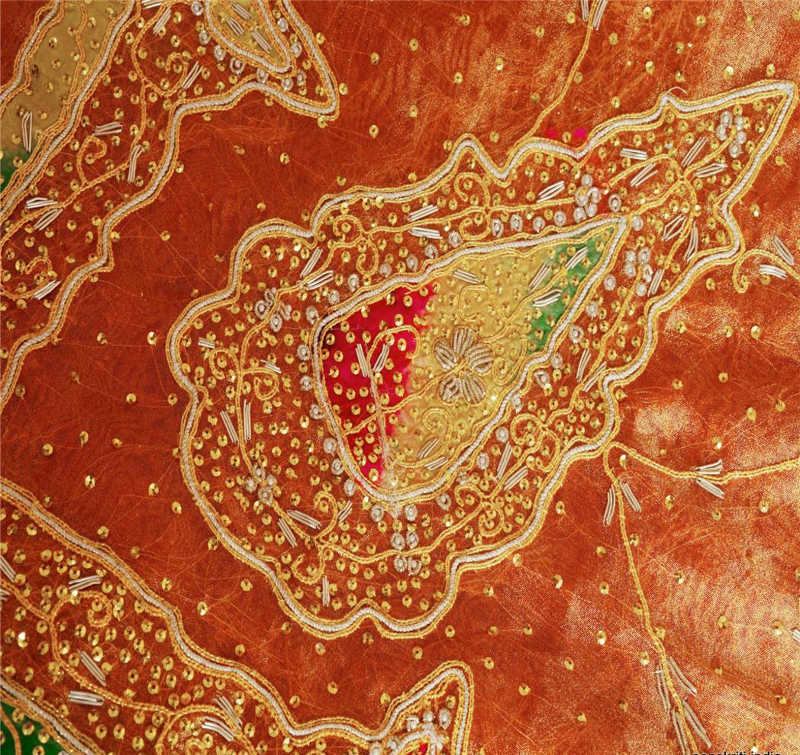===
0920,
9
===

=== |
 |
iltiyaam : 'Healing or closing (of a wound); being allayed or soothed, being cured'. (Platts p.74)
shikastah : 'Broken; defeated, routed; carried away (by inundation, as river-banks, &c.); reduced to straits; bankrupt; sick; wounded; weak, infirm'. (Platts p.730)
rafuu : 'Darning; darn'. (Platts p.595)
FWP:
The first line uses iltiyaam to suggest a wound, one that might be 'healed, closed, soothed, cured' (see the definition above). The use of phir ('then', 'again') emphasizes the change of state: after this dire kind of heart-wound has occurred, the addressee is admonished not to expect it to heal. We might expect the second line to be about something medical (loss of blood, the liver versus the heart) or something psychological (such patients are too traumatized to recover). For the word shikastah is used metaphorically in Urdu just as it is in English (see the definition above)-- people who are 'heart-broken' don't have actual fragments of their hearts scattered around inside their abdomens.
But after the usual mushairah-performance delay, we get a second line that abruptly shifts the terrain by activating only the primary meaning of shikastah : 'broken'. It tells us that once something made of glass has been broken, its fragments cannot be rejoined and 'mended'. At once we realize the implications: hearts are fragile and frangible, like glass; they must be treated delicately, because a single moment of careless handling can destroy them irreparably. Then of course shiishah can mean either a wine-glass (full of red wine that is like blood) or a mirror (a standard image for the heart in Persian and Urdu ghazal).
In short, once we make the metaphorical equation between a broken heart and a broken glass, we're in familiar ghazal territory. But the verse itself pointedly doesn't make the equation at all; that task has been left for us to do. Not that it's hard! In fact it's really too easy; I fault the verse for that. But rafuu is a nice touch, with its literal meaning of 'darning'; the idea that broken glass could be mended by being stitched or sewn back together seems appropriately absurd.
SRF feels that the addressee is the beloved; but surely that's only one possibility. The verse is so abstract that it could be part of a medical discussion, or the folk wisdom of the 'neighbors' who are concerned about the mad lover.
For an incomparably better and more memorable verse about the fragility of glass, see
{11,10}.